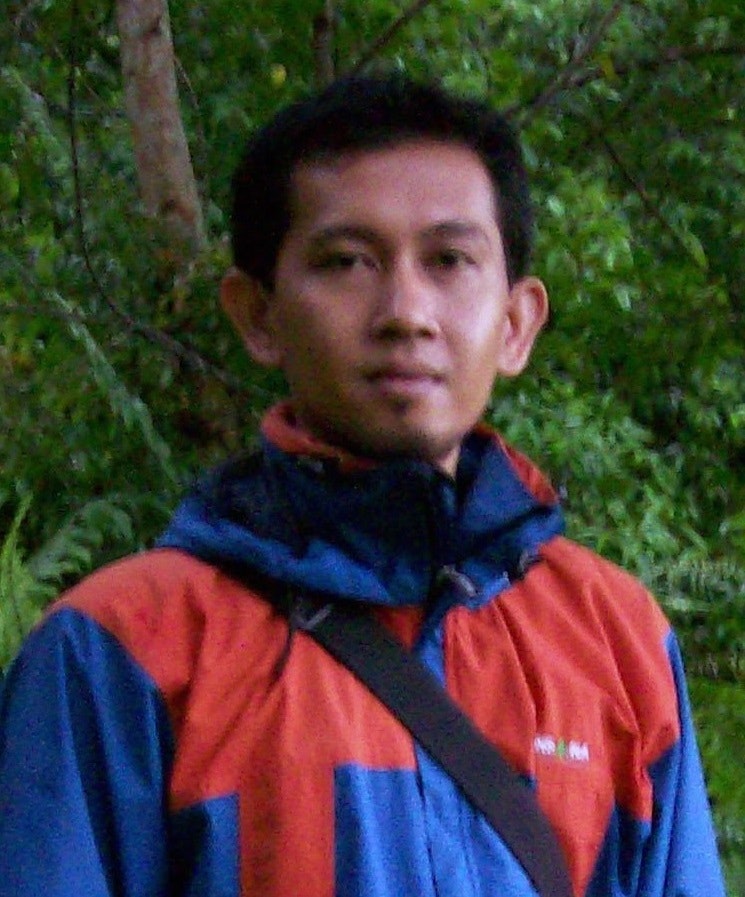Grassroots action for the management of tropical peat forest in Sebangau National Park, Borneo
Sebangau National Park was created in 2004 to protect 5,500 km2 of tropical peat forest, a globally important carbon store and home to the largest population of orangutans in the wild. Unfortunately the park was established without involving local people, leading to conflict and poverty.
Government intervention in 2005 ended timber extraction along the Katingan River, but enforcement was not accompanied by education or livelihood training. Marginalised by the government, indigenous people remain unclear about how the park designation affects them. Meanwhile, fires, wildlife exploitation and deforestation continue unregulated.
Environmental educator, Denny Kurniawan, 28, is the Katingan Region Programme Coordinator of Yayasan Cakrawala Indonesia (YCI), an NGO created in 2000 in response to the disastrous consequences of mega development projects in Central Kalimantan. Denny leads a team devoted to developing a collaborative approach to resource management that involves at its core the wishes and aspirations of local communities.
In the eight years since its inception, YCI has excelled in bringing environmental education to local people, training them in fire prevention on peatland, their rights to land ownership and registration, and how economic development can be sustainable.
In 2005, Denny launched an independent pilot project with the communities of Katingan River to build local capacity to respond to the issues raised by development.
He is bridging the gap between government, park management and local people and open discussions have helped stakeholders identify their visions for a sustainable future. YCI is now building on local enthusiasm with long-term education and training projects in the villages of Baunbango, Gallinggang and Muara Bulan. By empowering communities, Denny is raising awareness of local environmental issues and their affect on village life. His chief goal is to gain a greater commitment from the government to build stakeholder cooperation, fight poverty, and encourage realistic law enforcement – but this time, with the full involvement of local people.







